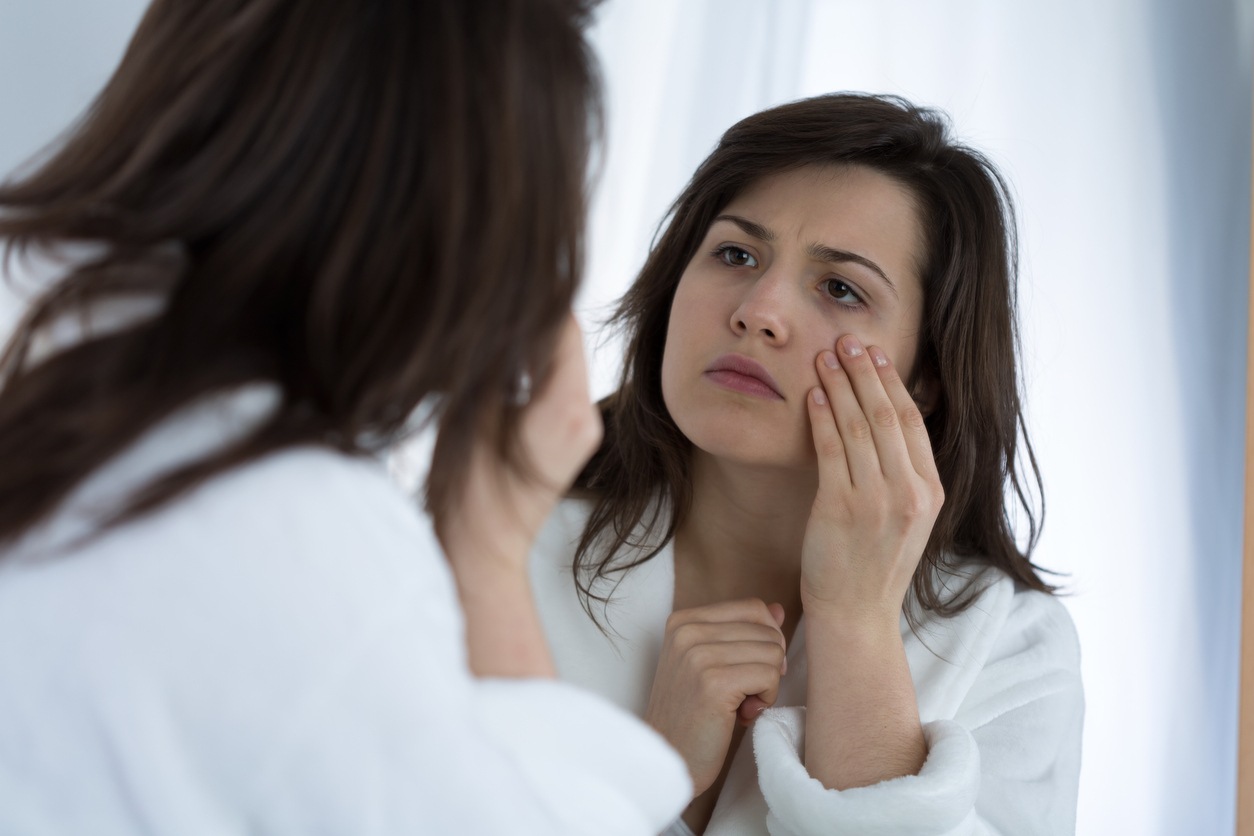
Eyesight issues are observed between the age of mid-40s and early 50s, especially when reading and working on computers is more frequent. Poor vision at close distances is one of the major issues for old age. Common vision challenges are faced between the age of 40 and 60. But this is a normal change with the eye’s ability to focus and can progress with time.
You can improve your vision if you wear prescription glasses or contact lenses. But, if you are interested in doing some more efforts for better vision, there are other methods to do so.

You can find some of the ways by which vision can be improved after the age of 50:
Rest for your eyes
Closing your eyes for just a few minutes will help a lot. You can do this once in an hour or many times when you’re hard at work. And if your job involves sitting in front of a computer or reading, closing eyes can be damn refreshing. This exercise can protect your eyes from overstrain and tiredness.
Exercise for your eyes
Eyes have muscles, they could use some exercises to remain in perfect shape. Eye exercises give good results when done in the morning. If an individual is regular for a month, then a difference can be easily observed.
Start by warming your eyes for just five seconds with warm palms. Do it three times. Rolling your eyes is not just an expression of annoyance, it can help your eye muscles too. Look up and circle your eyes a minimum of ten times in both directions.
To sharpen your focus, hold a pen at arm’s length and focus on it. Move the pen closer slowly until it’s about six inches from your nose. Redo this process ten times a day.
Full body exercise for vision
Exercising for a minimum of twenty minutes a day is good for the entire body, including the eyes. Improved blood circulation is good for the small blood vessels in the eyes as it removes harmful substances that may have been deposited. Exercise need not be intense. In fact, a brisk walk is more than enough.
Eat for your eyes
Eating carrots is good to improve vision. Carrots are rich in vitamin A, a mandatory nutrient for vision. But vitamin A is not the only vitamin that improves healthy eye function. You should include foods rich in vitamin C, vitamin E, copper, and zinc in your diet.
After a certain age, macular degeneration can become your biggest challenge. Antioxidants can help reduce macular degeneration. As such, eat foods such as eggs, pumpkins, carrots, dark leafy greens, and sweet potatoes.
Fish is also good for the eyes. Coldwater fish such as mackerel, wild salmon, and cod are rich in DHA, a fatty acid that strengthens cell membranes, including those in your eyes.
Get enough sleep
The body requires regular and sound sleep. Sleep for health is important and wellbeing. When the body gets enough rest, your eyes become renewed. If you engage in an intense visual activity such as working on a computer or reading a book, short breaks go a long way in helping your eyes, as it gives them a chance to rest.
Create eye-friendly surroundings
Plenty of things that surround us every day can be harmful to the eyes. Like sitting for long periods of time in front of a desktop, getting swimming pool chlorine water in your eyes, using dim lights while reading, and fluorescent lights can hamper your vision. Be sure with the things which can degrade your eyes.
Avoid smoking
Smoking can also cause blindness. Smoking can increase the chances of developing cataracts and even can cause age-related macular degeneration (AMD). Not even this, smoking can reduce the number of antioxidants that are beneficial to your eyes.
Have regular eye check-ups

Getting eyes checked regularly can help in problems before they become severe. In fact, most vision defects can be corrected when detected early.
Regular vision exams can help by:
- Adjusting prescriptions for corrective lenses
- Check alignment.
- Eye tone.
- Retina exam
So this can be concluded that after the age of 50, it’s challenging to have perfect vision. But yes, it can be improved with a healthy lifestyle, perfect nutrition, and continuous eye check-ups.









